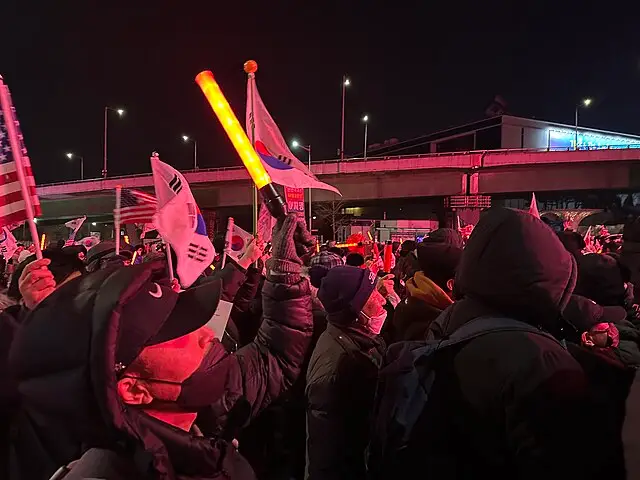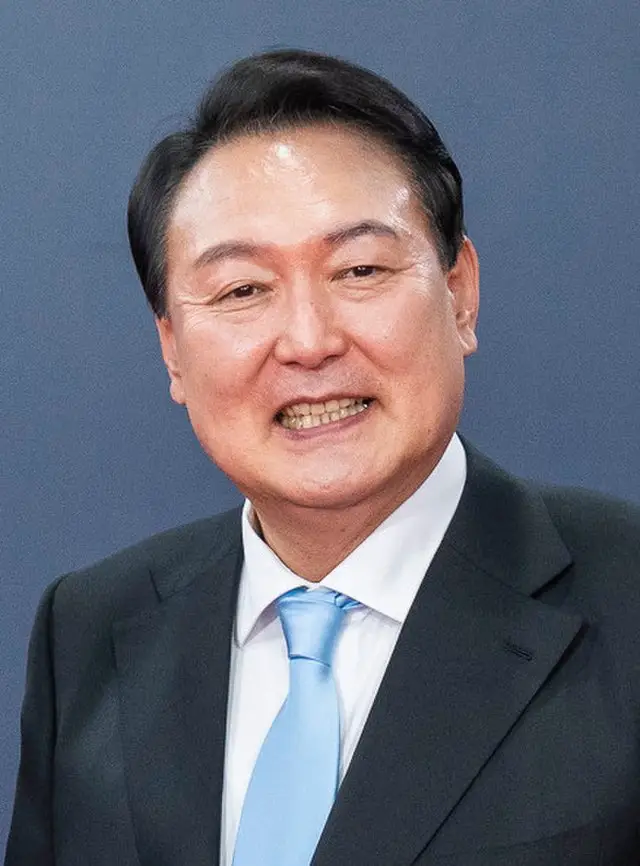Yoon’s Removal Triggers South Korea Snap Presidential Election 2025

In a dramatic political shake-up, South Korea will hold a snap presidential election on June 3, 2025, after Parliament removed President Yoon Suk Yeol from office. The Constitutional Court confirmed his impeachment, making him only the second leader in the country’s modern democratic history to lose the presidency through this process.
Yoon faced growing criticism after he enforced martial law during a period of national unrest. Lawmakers accused him of abusing power and violating democratic principles. The National Election Commission and the Cabinet swiftly agreed on the June 3 election date to meet the constitutional requirement for filling the presidency within 60 days.

How Martial Law Led to South Korea’s 2025 Presidential Election Crisis
Yoon’s presidency began to unravel when he declared martial law during a period of economic anxiety and social unrest. Instead of calming the situation, the military presence in urban areas and curfews triggered widespread protests and drew sharp criticism.
Legal scholars, political leaders, and civil rights groups labeled the act unconstitutional. Citizens organized massive demonstrations in Seoul and beyond, demanding accountability and democratic restoration. Parliament responded quickly by initiating impeachment proceedings, which the Constitutional Court upheld.
Acting President Han Duck-soo’s Role Amid Snap Presidential Election
After Yoon’s removal, Prime Minister Han Duck-soo stepped in as acting president, following constitutional protocol. However, lawmakers soon challenged his leadership, citing his failure to act decisively during the martial law episode.
Parliament voted to impeach Han, but the Constitutional Court overturned the motion, arguing that the evidence did not justify his removal. Han continues to serve as interim president and now oversees preparations for the South Korea snap presidential election 2025.
Why South Korea’s Constitution Demands the 2025 Snap Presidential Election
South Korea’s Constitution requires the government to hold a new presidential election within 60 days when the office becomes vacant. After the court confirmed Yoon’s removal, the government acted quickly to stay within that legal deadline.
Officials from the National Election Commission met with cabinet leaders and finalized June 3 as the election date. Authorities will also declare the day a public holiday to encourage voter participation and ensure a high turnout.
Political Vacuum Ahead of South Korea Snap Presidential Election 2025
The leadership crisis has stalled major decisions. Lawmakers have delayed key legislation, and economic initiatives remain frozen as ministries wait for direction. This power vacuum has created what many analysts now describe as policy paralysis.
Meanwhile, South Korea faces mounting economic pressures. Trade disputes with the U.S. have intensified under President Donald Trump’s protectionist policies, and domestic issues like youth unemployment and inflation continue to escalate. The country urgently needs a new leader to provide vision and direction.
Voter Mood Ahead of the 2025 South Korea Snap Presidential Poll
Frustration is growing among South Koreans. Many citizens feel their leaders have ignored pressing concerns like rising living costs and job shortages in favor of power struggles.
However, the upcoming election offers a new opportunity. Voters hope to elect someone capable of restoring trust and protecting democratic values. Political parties are rushing to finalize their candidates and shape their platforms around issues such as economic recovery, constitutional reform, and national unity.
With just weeks to go, the 2025 South Korea snap presidential election has already emerged as one of the most closely watched races in the nation’s history.
South Korea Snap Presidential Election 2025 Marks a Defining Turning Point
The crisis surrounding President Yoon’s removal exposed serious flaws in leadership, but it also highlighted the resilience of South Korea’s democracy. Citizens, courts, and lawmakers all played a role in responding to the constitutional breach.
As South Korea prepares for the June 3, 2025 election, the country stands at a pivotal crossroads. The next president must heal a divided public, revive the economy, and rebuild South Korea’s global credibility.
Voters now hold the power to shape the nation’s future—and they’ll exercise that right in what could be the most consequential election in a generation.






